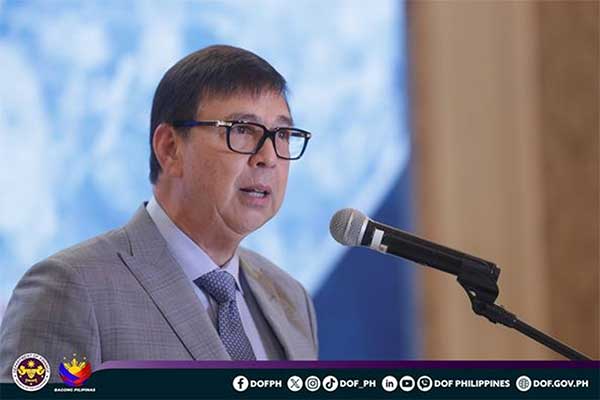
By Francis Allan L. Angelo
The Philippines has officially joined the Convention on Mutual Administrative Assistance in Tax Matters (MAAC) following Senate approval of Senate Resolution No. 139.
The move, welcomed by Finance Secretary Ralph G. Recto, is expected to strengthen the country’s tax collection efforts by curbing tax evasion and avoidance.
“We are very glad to finally have the MAAC in full force in the Philippines. To fund our people’s growing needs, we need more tools like this to enhance our revenue-generating capacity,” Recto said in a press statement.
He emphasized that the agreement will be a vital instrument in securing resources for public goods and services.
Key Benefits of MAAC
The MAAC is the most comprehensive international treaty aimed at improving tax cooperation among countries, covering all forms of administrative cooperation.
Initially developed by the Organisation for Economic Co-operation and Development (OECD) and the Council of Europe in 1988, the convention has been signed by 147 countries, with over 100 already ratifying it.
The agreement allows for data sharing, joint tax examinations, and enforcement cooperation between the Philippines and other signatory countries.
This will enhance the country’s ability to track and assess taxes on foreign assets and income, limiting the opportunities for tax evasion through cross-border schemes.
According to Recto, the MAAC will provide the Bureau of Internal Revenue (BIR) with access to vital tax information from international jurisdictions.
“This is definitely a crucial weapon in our arsenal to fight tax evasion that ultimately denies every Filipino’s right to have the quality public goods and services they deserve,” he added.
Impact on Philippine Tax Administration
The ratification of the MAAC is expected to significantly improve tax administration in the Philippines.
The agreement provides for the automatic exchange of tax information, simultaneous tax audits, and joint investigations with other nations.
This will strengthen ongoing programs like the Bureau of Internal Revenue’s Run After Tax Evaders (RATE) program, which focuses on enforcing tax compliance.
The convention also reduces the risk of the Philippines being downgraded in international tax transparency ratings.
By becoming a part of this global initiative, the country positions itself as a responsible player in the global fight against tax fraud and avoidance.
In addition, the MAAC includes strict safeguards to protect the confidentiality of the tax information exchanged between authorities, ensuring the right to privacy of Filipino taxpayers.
Senate’s Role in Strengthening Tax Transparency
Senate Committee on Foreign Relations Chair Sen. Imee Marcos highlighted the importance of the convention, noting how it will prevent the use of complex schemes to evade taxes.
“Sa ratipikasyon ng MAAC, binibigyan natin ng lakas ang ating bansa upang labanan ang mga mapanlinlang na paraan sa pag-iwas ng buwis,” she said.
The Philippines’ participation in the MAAC is expected to boost the country’s efforts to collect the necessary revenues to meet the growing demands for infrastructure, social services, and other public goods.
The cooperation is also seen as an essential step in modernizing the nation’s tax system and ensuring the equitable distribution of tax burdens across the population.


















